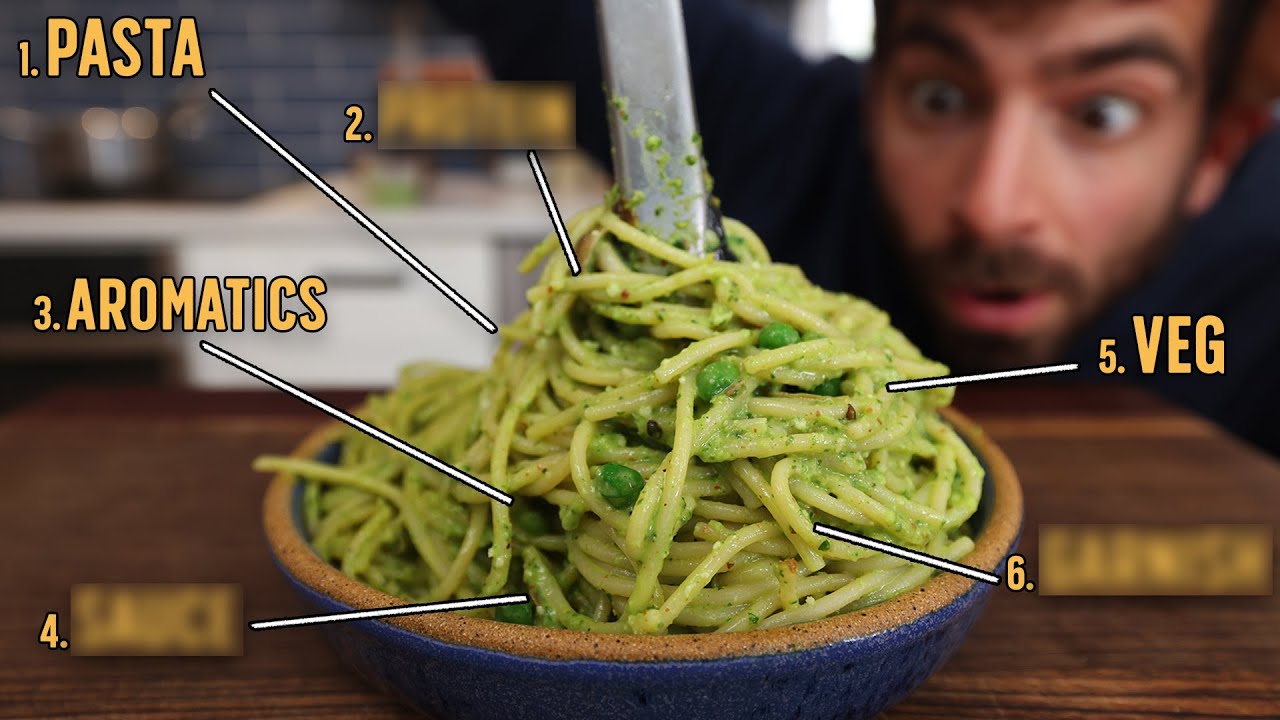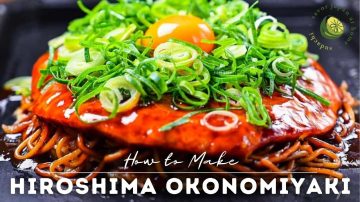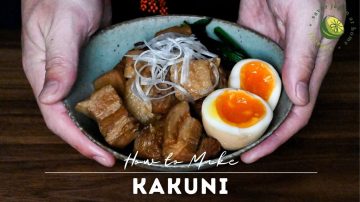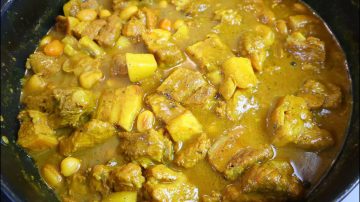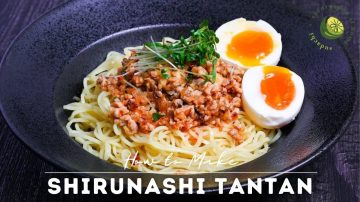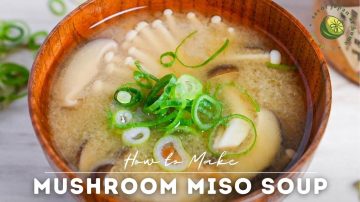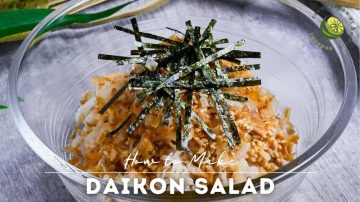30-Minute Nagasaki Champon Ramen
Video Stats
Recipe Overview
Overview
Nagasaki Champon is a delightful noodle dish that brings together the best of ramen and a variety of toppings. The recipe is designed to be a shortcut version, making it accessible for home cooks who want to enjoy this classic without spending hours in the kitchen. The combination of pork, shrimp, and a colorful array of vegetables creates a vibrant and satisfying meal.
One of the standout features of this dish is the rich, milky broth that is both comforting and flavorful. The use of dashi stock, combined with soy sauce, garlic, ginger, and oyster sauce, creates a depth of flavor that elevates the entire dish. The addition of whole milk at the end ensures a creamy texture that complements the noodles perfectly.
Cooking the ramen noodles to the right texture is crucial, and the recipe provides clear instructions on how to achieve that. The stir-fried vegetables add a nice crunch, and you can customize them based on your preferences or what you have on hand. This flexibility makes it a great option for using up leftover vegetables.
Overall, Nagasaki Champon is not just a meal; it’s an experience that transports you to Japan with every bite. It’s perfect for a cozy dinner or a quick weeknight meal, and it’s sure to impress anyone you serve it to.
Recipe Details
Steps & Tips
Heat a wok over medium heat.
Melt one teaspoon of lard in the wok.
Tip: Lard adds deeper flavor, but you can substitute with butter or cooking oil.
Add shrimp and 100g of thinly sliced pork belly to the wok.
Season with a pinch of pepper and fry until lightly brown.
Add slices of fish cake, sliced onion, 100g of bean sprouts, 50g of roughly chopped cabbage, 20g of carrot, and a few tablespoons of sweet corn.
Stir fry everything together until the cabbage is slightly softened and the shrimp and pork are cooked through.
Tip: Cook vegetables lightly for a bit of crunch.
Take the wok off the heat and set aside for later.
Take a saucepan and add 400ml of dashi stock.
Add half a tablespoon of soy sauce, 1 teaspoon of grated garlic, 1 teaspoon of grated ginger, and 1 teaspoon of oyster sauce.
Mix well to evenly disperse ingredients throughout the soup.
Add 1 tablespoon of Chinese style bouillon powder and mix until dissolved.
Turn off the heat and add 100ml of whole milk.
Tip: Turn off the heat before adding milk to prevent curdling.
Tip: Reheat the broth before serving if necessary, but do not let it boil.
Boil ramen noodles in rapidly boiling water.
Drain the noodles and place them in serving bowls.
Tip: Champon typically uses slightly thicker ramen noodles.
Pour the soup over the noodles.
Top with the stir fried ingredients from earlier.
Sprinkle the top with white pepper.
Ingredients
Ingredient: Shellfish
→ Substitution: Tofu
Ingredient: Dairy
→ Substitution: Almond Milk
Nutrition
Skill Level
Frequently asked questions
Below you will find answers to the most common questions about this recipe.
Got a Recipe Question? Ask Away!
Interesting Tidbits
- •Nagasaki Champon is traditionally made with a variety of vegetables and meats, making it a hearty and nutritious dish.
- •The dish was created in Nagasaki City during the late 19th century as an affordable meal for exchange students.
- •Champon means a mixture of different things, reflecting the diverse ingredients used in the dish.
- •Using lard adds a unique flavor to the dish, but it can be substituted with butter or cooking oil.

